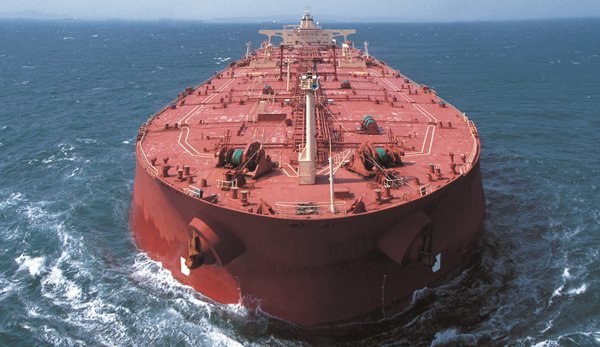
Sparks are set to fly when the Baltic Tanker FFA Brokers’ Association meets today with John Banaszkiewicz from Freight Investor Services (FIS) setting his sights on shaking up the sector.
FIS has unveiled a plan to ditch the Worldscale system in favour of new Oil Freight Flat Rate Agreements (OFFRAs).
In a note to clients issued last week FIS revealed how it had begun coverage of the tanker FFA markets, offering brokerage of the most liquid wet routes.
In the note, seen by Splash, FIS stated that it had identified three Vs it needed to drive the FFA market forward and one W – namely Worlscale – it was keen to jettison. The Vs stood for volume, volatility and value. Just 8% of the 3.3bn tonnes of crude and products last year was fixed by FFAs.
“More and more operators are interested in using tanker FFAs to add a new business line alongside running ships in an increasingly volatile and changing market,” FIS maintained.
The brokerage called for an end to using Worldscale measurements when it comes to fixing tanker FFAs.
“Worldscale has hindered growth of futures, making it hard for physical players with no previous derivatives experience to get involved and confusing for potential players from outside the industry,” FIS stated.
The FFA tanker market is largely confined to one year forward with FIS believing the changeover of Worldscale flat rates every calendar year has been a large contributing factor limiting the forward trading volume of wet FFAs. This was made more difficult, FIS maintained, because of changing bunker prices, which the brokerage believes will shoot up as the 2020 sulphur cap deadline approaches.
“We therefore ask why the industry cannot decide on forward prices instead of relying on a panel to set rates each year, freeing the market to trade longer term contracts of 3-4 years ahead?” FIS said in its note to clients.
“With the market currently considering this deviation in fuel costs with their Worldscale rates, the challenges posed by the fuel changeover in 2020 may fragment the market, and in some cases, where different higher cost fuels to the standard are being used, make it impossible for a Tanker FFA hedge to be traded,” FIS continued. “Breaking this stipulated fuel involvement in the contract could provide the flexibility and more accurate hedging for current market players, as well as clarity for those new counterparties.”
Under Banaszkiewicz’s leadership, FIS has done more than most to shake up the dry bulk FFA markets over the past decade, something he is intent on replicating in the tanker segment too.
For the Baltic Exchange, now owned by the Singapore Exchange, the news comes hot on the heels of Howe Robinson mulling setting up its own dry bulk index. The Baltic has recently decided to ditch handysizes from the Baltic Dry Index, something that has infuriated many owners and led to Howe Robinson identifying a new business opportunity.
